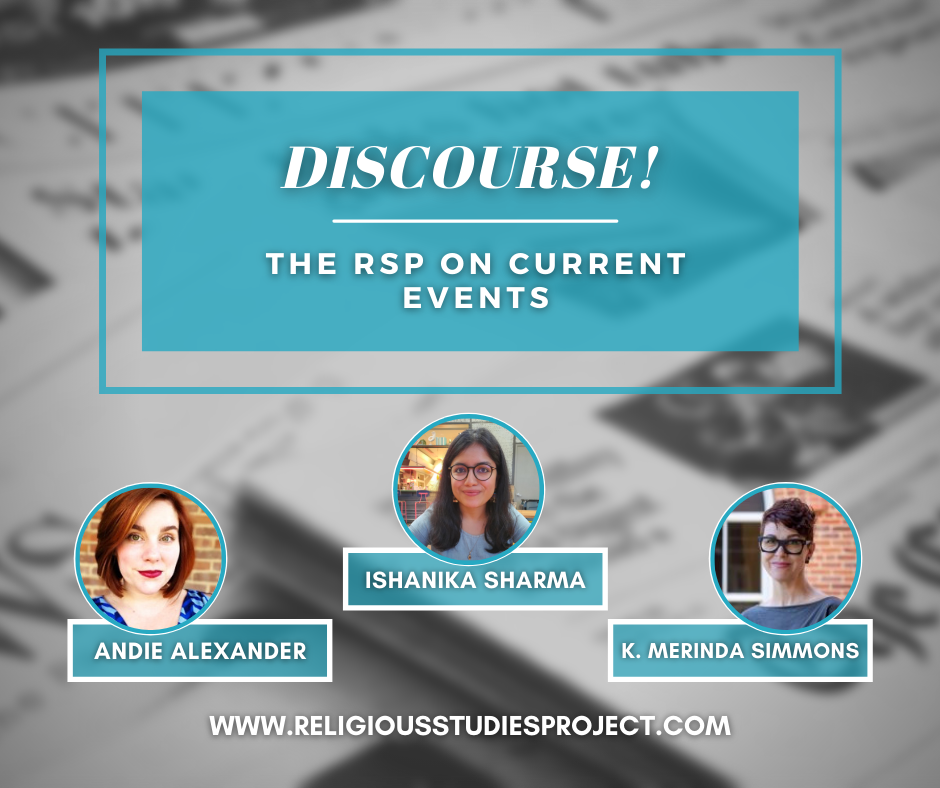Our June episode of Discourse! is the final episode of Season 10! Wow! It’s been a fantastic season, and we are so grateful for your support. For our final episode, Andie Alexander, Ishanika Sharma, and K. Merinda Simmons decided to dive into the current discourses on Critical Race Theory! After defining Critical Race Theory (CRT) and outlining a brief history of its emergence, they dive into some recent examples of how popular conceptions of CRT (contrary to the intersectional aims of CRT discourses) reify the dichotomy between individualism and structuralism. They discuss the recent Georgia and Alabama education resolutions, discourses around India’s caste system, the emergence and role of the Religious Right in America, and conclude with controversy around The 1619 Project. There’s far more to say but only so much time in an episode!






